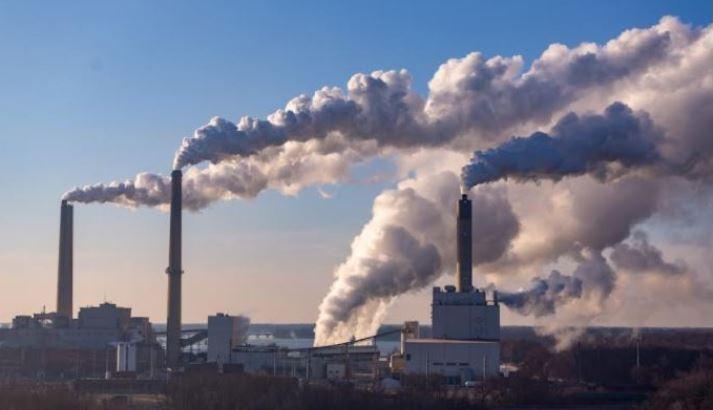Nigeria’s manufacturing future in a low-carbon world
For half a century, Nigeria’s vast reserves of hydrocarbons have powered its growth, generated foreign exchange, and transformed the country into Africa’s leading energy economy. But times are changing. The global demand for lower carbon emissions and improved manufacturing processes is redefining the economics of energy and rewriting the recipe for industrial development. The transition is spurred less by alarm and more by the rise of innovative companies doing cutting-edge work, government policy shifts, and the rapid mobilisation of green finance. It is, in short, a reordering of opportunities to deliver lasting benefits to communities – creating jobs, improving infrastructure, and raising living standards.
Nigeria, as Africa’s largest economy and most populous nation, is uniquely situated to lead. It has the natural resources, an abundance of young and creative entrepreneurs, and a strategic imperative to act. Its climate commitments—to cut greenhouse gas emissions by 47 percent by 2030 and reach net-zero by 2060—are, admittedly, ambitious, but well within reach. The country’s $410 billion Energy Transition Plan (ETP) may look like a daunting financing gap, but it is better understood as a catalyst for transformation. Mobilising capital at that scale can rewire the economy, create millions of jobs, strengthen industrial competitiveness, and turn Nigeria into a more complex global player. It is an investment in a low-carbon future.
This transformation begins with energy. Nigeria can provide tens of millions of people with electricity (30% of the country has no reliable electricity now) by scaling solar, wind, and hydropower through mini-grids and reducing dependence on polluting diesel generators. Integrating battery storage would make renewables more reliable, and a more flexible grid could unlock significant private-sector investment.
Expanding reliable power has a knock-on effect. New businesses open up, production costs decline, and Nigerian goods become more competitive. It would help cut dependence on imported diesel, which too often powers much of the electricity grid but drains foreign exchange and poisons city air. And it would be good for businesses in the informal economy that struggle with unpredictable power outages and blackouts.
Nigeria also has assets well-suited for a low-carbon future. Its depleted oil and gas fields could anchor carbon-capture projects, turning old liabilities into storage hubs. Beneath its soil lie untapped deposits of lithium and other critical minerals needed for batteries and electric vehicles. Even flared gas, a waste product that still lights up the skies over Nigeria’s oil fields, could be captured and used as feedstock to transform Nigeria into a regional powerhouse for petrochemicals.
Read also: Impeaching the hydrocarbon industry?
The transition, of course, isn’t just technical and will not come with the snap of a finger. It forces a reckoning with Nigeria’s entrenched economic model. Oil revenues still prop up the budget, but they no longer guarantee prosperity. The global market is shifting, and anchoring an economy on hydrocarbons is a far riskier proposition today than it was a few decades ago.
Financing will be key. Nigeria’s $410 billion ETP is a map for mobilising private capital. Climate funds, development banks, and institutional investors are sitting on more liquidity than ever but need bankable projects and credible policy signals. The International Finance Corporation and the World Bank Group are committed to supporting Nigeria’s energy transition by mobilising $50 billion in private capital to ensure that 300 million people in the country are hooked up to reliable, affordable, and sustainable electricity by 2030.
There are signs of movement. New rules are allowing private firms to generate and distribute power without clumsy state intermediaries. Mini-grid operators are quietly lighting up rural communities that the national grid ignored. Lagos has begun testing electric buses, a small but symbolic step toward cleaner urban transport. None of this yet amounts to a systemic shift, but it shows where momentum could build.
Transitions rarely move in straight lines. But as renewables grow cheaper and oil revenues become more volatile, delay is harder to justify. Decarbonisation is no longer a burden but an opening for growth and diversification. With its abundant resources and youthful population, Nigeria can do more than follow this shift—it can lead. What once seemed a distant ambition is now an economic necessity. The real question is not whether Nigeria can afford to change, but how much it stands to gain.
Femi Akinrebiyo is Manager, Global Manufacturing and Trade Supplier Finance at the International Finance Corp.

